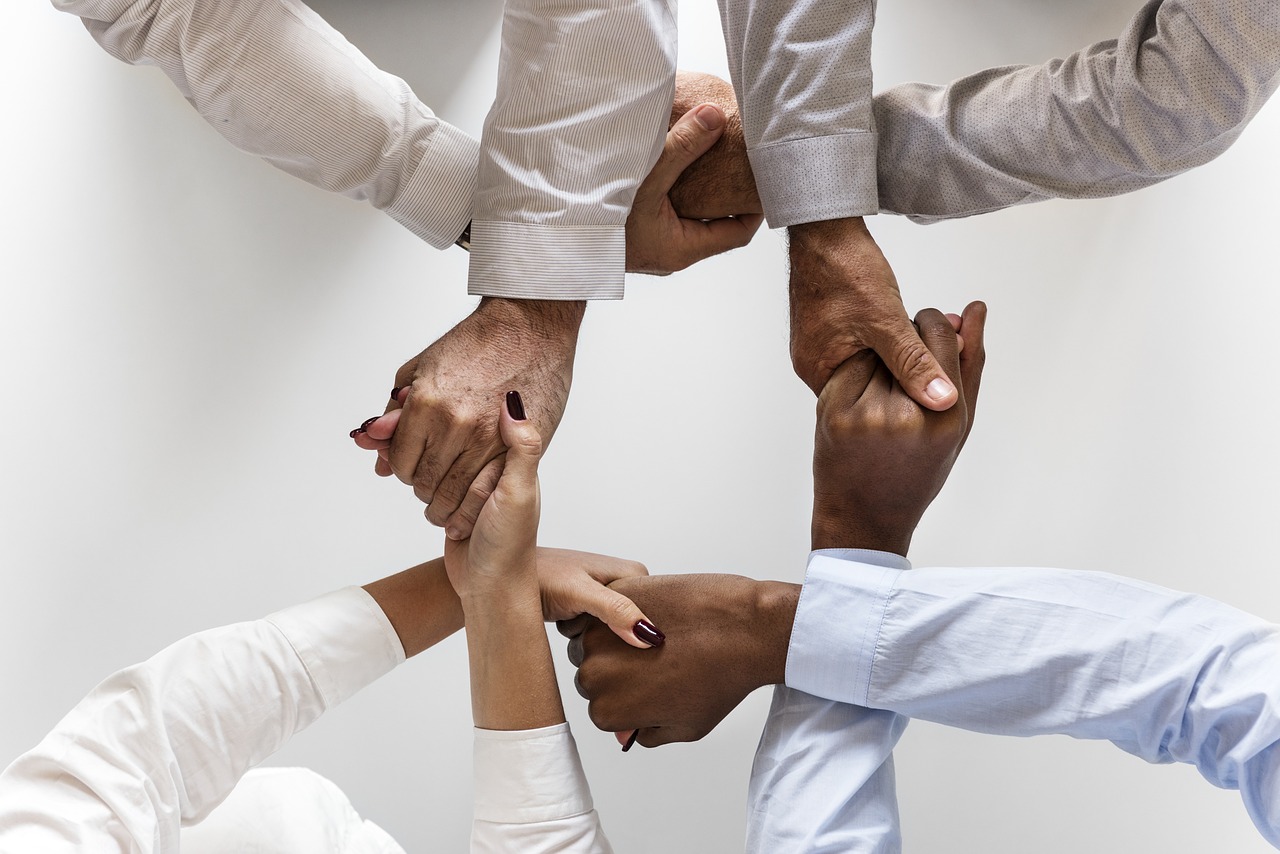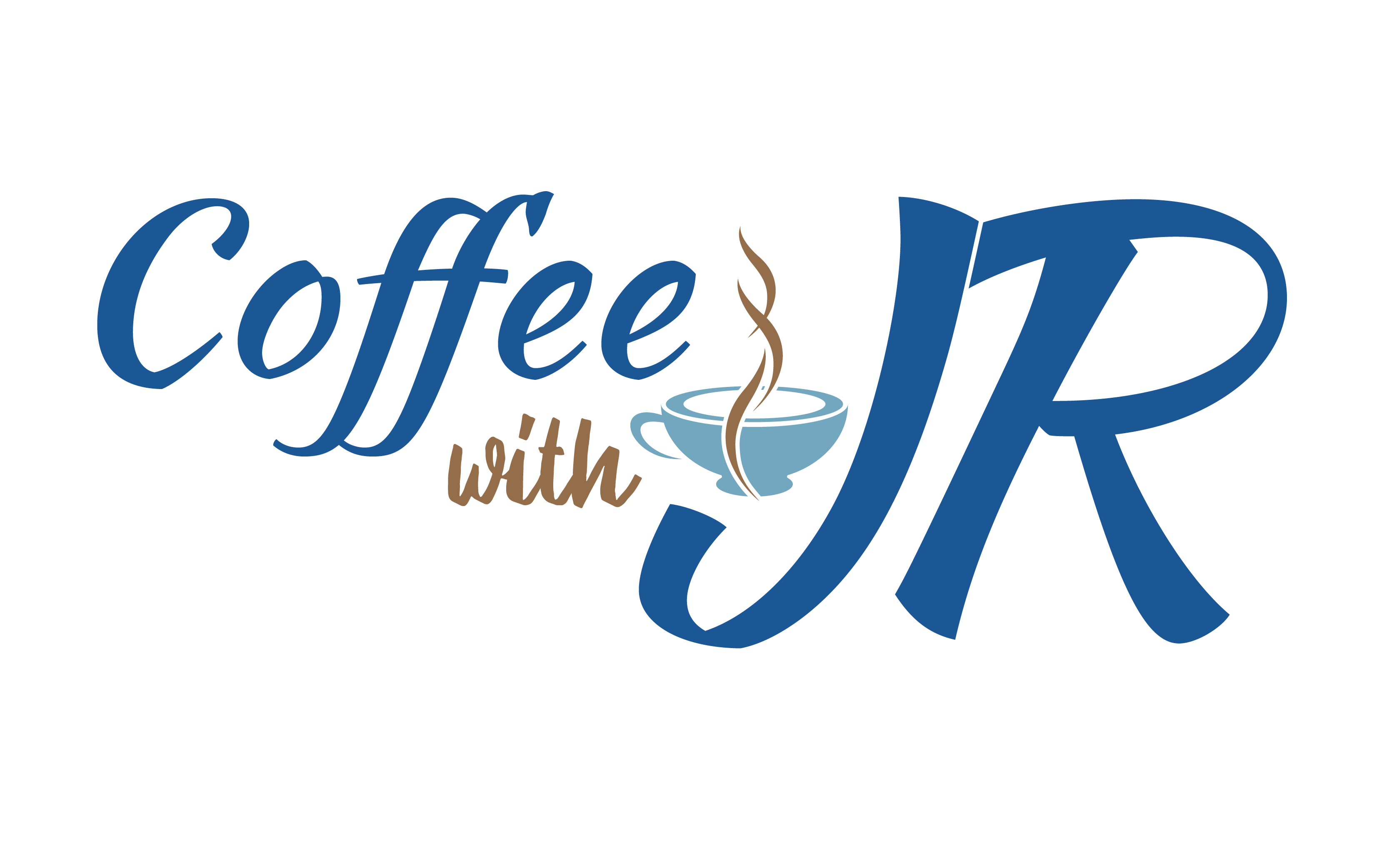
This post contains affiliate links, meaning, if you click through and make a purchase or sign up for a program, I may earn a commission. This is at no additional cost to you.
Coming from a social justice background, equity and justice are the goals that I am striving to embody in my daily practices, advocate for in our communities, and teach my students and audience. I believe diversity and inclusion (D&I) are important tools to use to achieve equity and justice in our society, especially in the workplace.
Over the last several months, I have had the opportunity and the privilege of facilitating a number of “diversity and inclusion in the workplace” trainings for small businesses and nonprofit organizations, including teaching a seminar class at the University of Colorado Denver. In preparation for teaching these trainings, I spent about nine months researching and updating my materials. Here are my reflections and insights after teaching D&I in the workplace:
- I noticed that a number of discussions and questions during the trainings had to do with mental health challenges that we face as a society. Due to mental health stigma, the signs and symptoms of depression and anxiety that employees experience are often unaddressed and overlooked. Employees with depression are often judged as lazy, anti-social, not a team player, and other negative connotations. A majority of companies don’t have the mechanisms and policies to address these mental health challenges. Employers and managers often are not trained to handle and assist employees and co-workers that are going through a mental health crisis. With limited resources for mental health and concerns about legal liability, Human Resource departments (if there is one) put the employees onto an Employee Improvement Plan instead of addressing the root causes which are their mental health issues. So, I believe programs like Mental Health First Aid and the Mental Health in the Workplace training that I’ve developed would be extremely beneficial to employers and employees.
- One of the topics that I always cover in my D&I trainings is the significant and historical progress of D&I. What we know about D&I didn’t just happen overnight. Even though it’s imperfect, it has taken centuries of great people’s blood, sweat, and sacrifice for us to enjoy the diversity and inclusion that we currently have. For instance, to be able to teach D&I as an Asian descendant would have been almost unheard of even 30 years ago. The Civil Rights Movement happened only 55 years ago. The real push for D&I in the business world didn’t really start until less than 10 years ago. I just really appreciate all the inspiring people that came before me and fought for our rights and freedom. And I want to acknowledge all the people that are currently fighting for equity and justice in our country and in the world.
- Safe Space vs. Courage Space. A safe space, especially on a college campus, is a place intended to be free of bias, conflict, criticism, or potentially threatening actions, ideas, or conversations.[i] I support a safe space. I believe there are a need and time for the safe space in our lives, but not all the time. Personally, I benefited from having a safe space during my college years and at different points of my career. However, we can’t stay in the safe space forever. I see the safe space as a heaven for us to rejuvenate, recover, and take a break. But, to advocate for D&I and fight for equity and justice, we need to step outside of the safe space and work on whatever issues we are passionate about. The process of stepping out of the safe space requires a lot of courage. The ability to continue to fight for equity and justice despite all the pushbacks, failures, and adversity also requires a lot of courage. As we all know, it takes hard work to understand our biases and prejudices. And, it takes tremendous courage to overcome both our inner and external challenges. It doesn’t happen overnight and everyone (I don’t care how diverse that person is) has to constantly learn to check their implicit biases and question their assumptions and privileges. The most enlightened and inclusive people that I know are the bravest people that challenge their assumptions daily and are always checking their privileges.
- Privilege – Yes, certain demographic groups are more privileged than others, thus I believe in equity and justice. Even within each demographic group, there are people that are more or less privileged. What I hope to see is that the sooner everyone can acknowledge, appreciate, and accept the advantages and disadvantages that they have, the easier and better for all of us to focus on building a more diverse, inclusive and just culture. Unfortunately, we are bombarded with insecurity, uncertainty, self-doubt, and jealousy, obsessed with what others have and what we don’t have. Sometimes, I catch myself being tripped up in this vicious cycle. However, the daily gratitude practice that I do every day has proven to be a powerful tool for me to overcome this challenge.
- The subject of white privilege and guilt often comes up. There is already a lot of literature on this topic. What I want to add is that we (people of color and other underrepresented people) can’t do anything with your white guilt. Instead, acknowledge your privileges, embrace them and use them for good, use them for supporting and advocating for the people that are suffering because of injustice and oppression.
- Last, there is no way we can build a diverse and inclusive company and culture without some real compassion, kindness, and understanding of each other (listening). Data has proven how D&I can benefit the bottom line. Companies can fancy up incentives/benefits, employers can provide countless awareness trainings, and consultants can develop the best D&I infrastructure, but without this basic human empathy, none of those things are going to work.
D&I is a huge topic and can be a complex one at times, especially in the workplace. I am still learning and I don’t have all the answers. But, I am passionate about D&I in the workplace. I believe it’s a tangible way for us to continually fight and move toward equity and justice.
Interested in learning more diversity and inclusion in the workplace? I am here for you.

Recent Comments